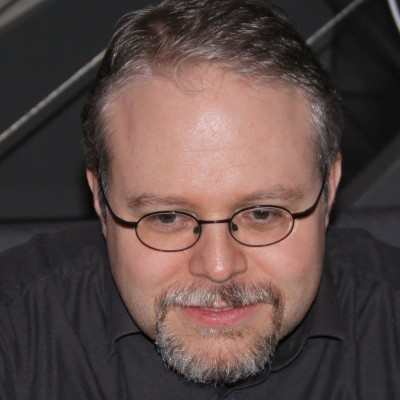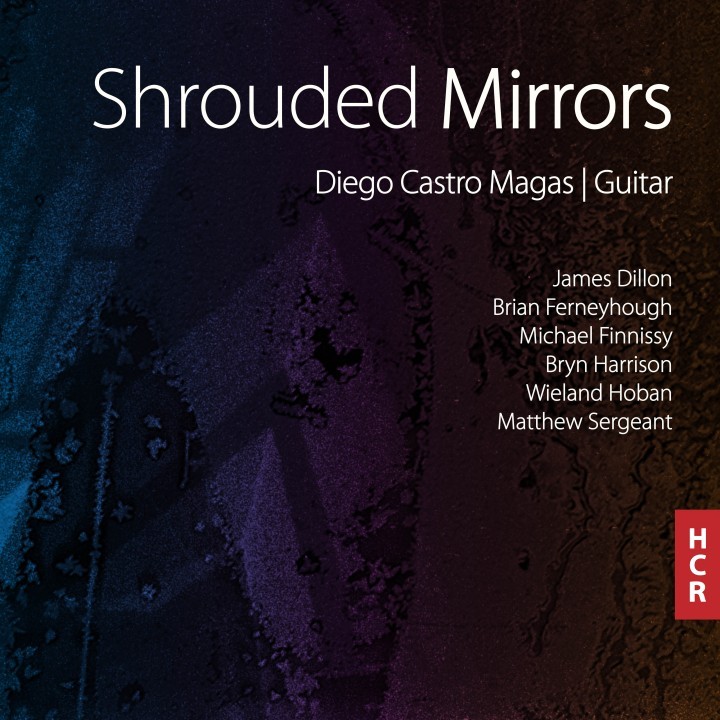Wieland Hoban
Wieland Hoban was born in London in 1978. He began studying music and German at the University of Bristol, then studied composition at the Frankfurt Academy of Music and Performing Arts with Isabel Mundry, Hans Zender and Gerhard Müller-Hornbach. He has won various German composition prizes. In addition to his work as a composer he is also a freelance translator, primarily of writings in the fields of music and philosophy, including several books by Theodor W. Adorno and Peter Sloterdijk, as well as numerous essays for collections and journals; he has also published musical analyses and other theoretical texts. He has been a regular interpreter at the Darmstadt International Summer Course for New Music since 2000 and the Donaueschingen Music Days since 2011.
In his music, Wieland Hoban strives to create a multi-layered discourse and experience. He examines questions of context and re-contextualisation, of flow and stasis, and looks for ways to find differentiations between parameters and states in all aspects of the music. A central principle in this music is that differentiation requires many different conditions: complexity results not from surface density alone, but from probing different levels of density; timbral diversity comes not from focusing purely on extended playing techniques, but from exploring different modifications and negations of playing technique, focusing on individual parameters. Fixed structure and freedom, similarly, are in a dialectical relationship; neither state is considered desirable on its own, and the discourse results from the interplay between them. Though occasionally incorporating ideas from other arts or extra-musical areas, Hoban’s aim is to create a music whose qualities of flux, differentiation and self-reflection mirror and express the nature of consciousness itself.
Wieland Hoban was born in London in 1978. He began studying music and German at the University of Bristol, then studied composition at the Frankfurt Academy of Music and Performing Arts with Isabel Mundry, Hans Zender and Gerhard Müller-Hornbach. He has won various German composition prizes. In addition to his work as a composer he is also a freelance translator, primarily of writings in the fields of music and philosophy, including several books by Theodor W. Adorno and Peter Sloterdijk, as well as numerous essays for collections and journals; he has also published musical analyses and other theoretical texts. He has been a regular interpreter at the Darmstadt International Summer Course for New Music since 2000 and the Donaueschingen Music Days since 2011.
In his music, Wieland Hoban strives to create a multi-layered discourse and experience. He examines questions of context and re-contextualisation, of flow and stasis, and looks for ways to find differentiations between parameters and states in all aspects of the music. A central principle in this music is that differentiation requires many different conditions: complexity results not from surface density alone, but from probing different levels of density; timbral diversity comes not from focusing purely on extended playing techniques, but from exploring different modifications and negations of playing technique, focusing on individual parameters. Fixed structure and freedom, similarly, are in a dialectical relationship; neither state is considered desirable on its own, and the discourse results from the interplay between them. Though occasionally incorporating ideas from other arts or extra-musical areas, Hoban’s aim is to create a music whose qualities of flux, differentiation and self-reflection mirror and express the nature of consciousness itself.
Compilations with this composer
CompilationsExternal Links
Music Map
Discover more about the classical music of today with NMC's Music Map, and exciting and educational online tool which enables you to see and hear the connections between composers, their teachers, pupils, influences and their works.
Music Map

